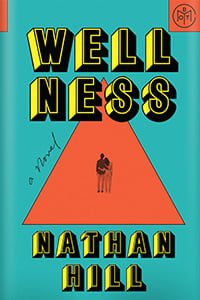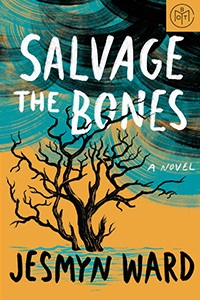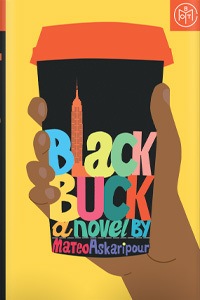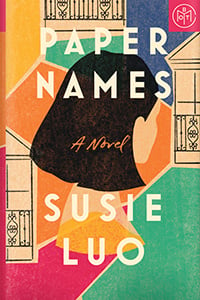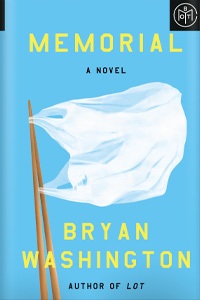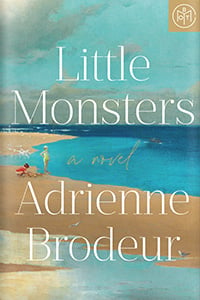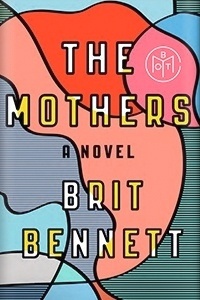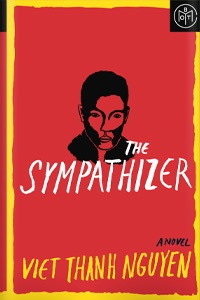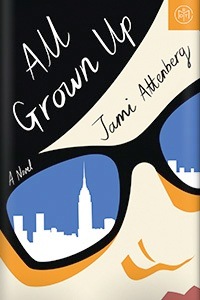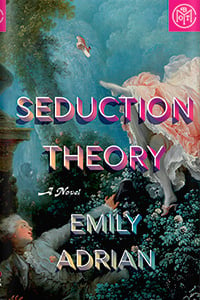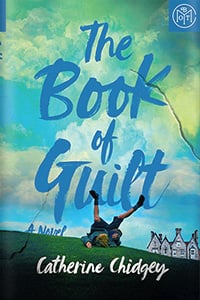

Literary fiction
Station Eleven
by Emily St. John Mandel
Save $ with BOTM.
Quick take
This book is rich, deep, beautiful, and terrifying. Beautiful in its flowing, intelligent prose that draws the reader in so deeply that when I looked up from a page, I half expected Mandel's world to be the one surrounding me. Terrifying in its closeness because there is nothing about this book that seems unrealistic or too far of a reach when you step away from it and examine the world around you.
Good to know
400+ pages
Multiple viewpoints
Teens
Underdog
Why I love it
Book of the Month
In Emily St. John Mandel's riveting novel Station Eleven, the global population is decimated by a virus known as the Georgia Flu. 95–99% of humanity is wiped out, almost overnight. Those who caught the virus were dead within twenty-four hours. Entire countries flicker, then blink out of existence. Those who remain are left waiting for help and begin to wander aimlessly when none arrives, hoping that someone who can make any kind of sense out of the madness is waiting farther down the road.
The novel follows the lives of several loosely connected survivors. When we meet them, the central characters are all attending or participating in a production of King Lear in Toronto on the night the pandemic starts. Kirsten is a child actress waiting in the wings, Arthur the star of the show'¦until he drops dead of a stroke mid-monologue. Jeevan, an EMT, rushes on stage in an unsuccessful attempt to save his life. The book splits from there, and we follow these characters and those surrounding them back and forth across the years'”sometimes experiencing the present along with them, sometimes retrospectively gazing at the past.
It is in these moments and portraits of individual lives that Mandel shines. In a new world where no one can count on their next sunrise, Mandel reflects on what makes us human, what we use to define ourselves when there is nothing left. She answers these big questions by moving the reader through time, giving equal importance to Kirsten’s struggle to survive the dangerous new road fifteen years after the virus as she does to Arthur’s life as a celebrity in the many years prior, weaving it all together to show that global devastation cannot overpower the strength of human action, love, pain, and hope.
At its core, the book holds and follows the Traveling Symphony'”a group of actors and musicians who wander along a set route between various encampments, the closest thing to towns and cities it seems this fractured new world will ever be able to achieve. The troupe members bring classical music and battered copies of Shakespeare’s plays with them, traveling under a banner that reads 'œbecause survival is insufficient' as they attempt to spread what beauty remains.
This book is rich, deep, beautiful, and terrifying. Beautiful in its flowing, intelligent prose that draws the reader in so deeply that when I looked up from a page, I half expected Mandel’s world to be the one surrounding me. Terrifying in its closeness because there is nothing about this book that seems unrealistic or too far of a reach when you step away from it and examine the world around you.
If nine out of ten people that you know were gone when you woke up tomorrow, if your cell phone stopped working, if your car ran out of gas, if all flights were grounded and all infrastructure crumbled, what would you do? Mandel answers that question for you by taking you on the road, carrying you along with those who choose to stay at the first settlement they encounter out of fear and with those who press on out of a need for this to not be the final, unsatisfying answer. Some choose to hold onto every possible vestige of the life they knew before along with those who block out all memories from the years surrounding the outbreak. Prophets heralding a new judged earth attempt to have their way with and subdue anyone who will listen. Men, women, and children seek love, comfort, and safety wherever they can find it. Wouldn’t you do the same?
Mandel’s breathtaking, yet attainable and effortless prose evoked every feeling I’ve ever had about humanity. All at once, she made me realize the duality and cohabitation of triviality and significance in every choice, word, and moment of human life. Mandel’s novel is sweeping and dramatic. It renders nothing insignificant but fits it all into the larger scheme'”the elusive grand plan that boils down to this: life is not promised, so make yours a good one.
'œI stood looking over my damaged home and tried to forget the sweetness of life on Earth.'
'œDo you remember when we were young and gorgeous? Clark wanted to ask. Do you remember when everything seemed limitless?'






